Valve’s New Free-To-Play Shooter/MOBA Deadlock Will Be A Breakout Hit
It's shaping up to be one of my most anticipated multiplayer titles...
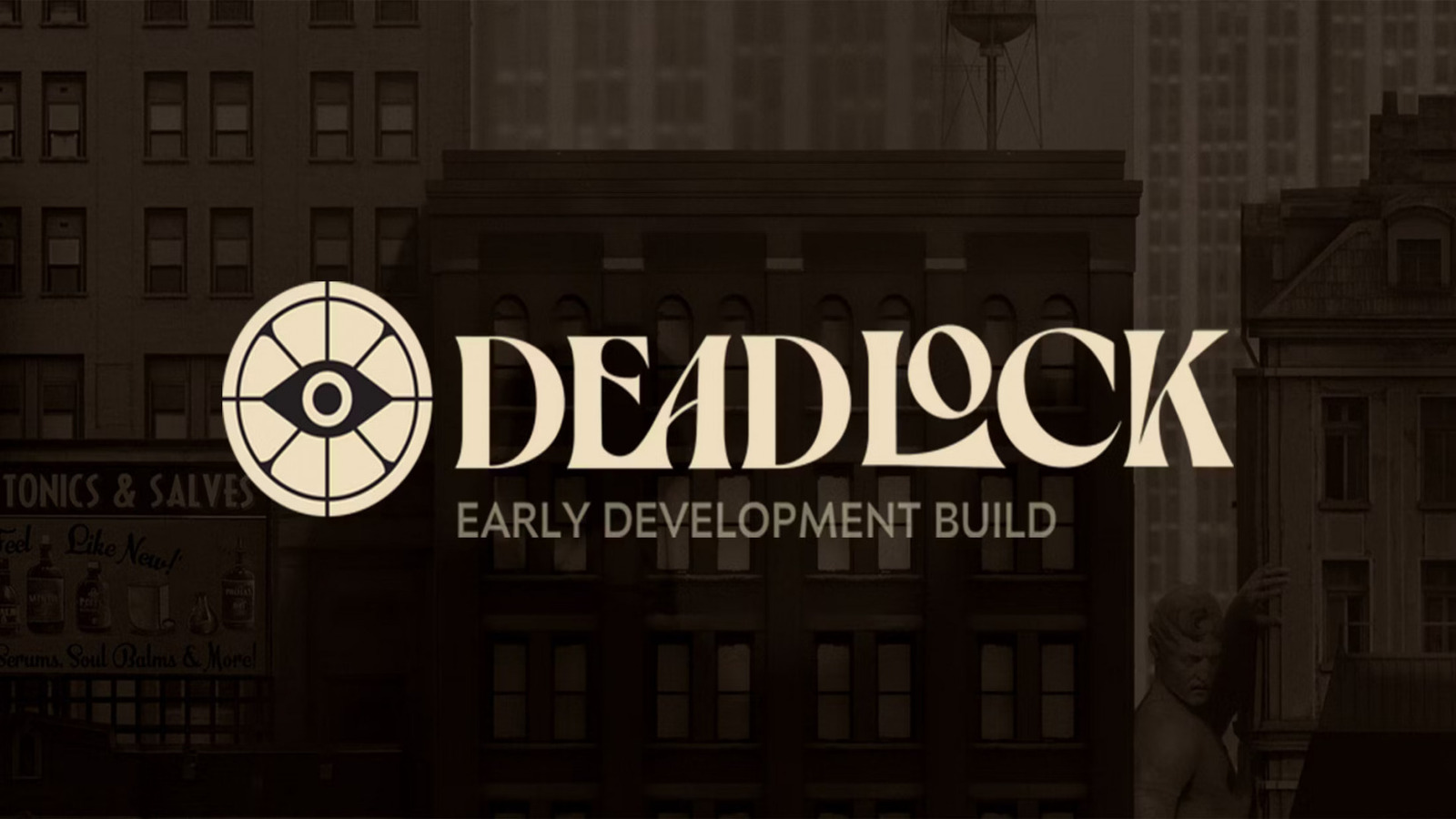
In case you live under a rock, Valve has a new game in the works. This is the same company that gave us Half-Life, Portal, Counter-Strike: Global Offensive, and Dota 2. The title in question is Deadlock, a third-person free-to-play hero shooter that fuses MOBA elements with fast-paced tactical combat. Personally, I think this is one of the most promising upcoming games in the genre, and it has the potential to be a breakout hit.
On the surface, Deadlock shares DNA with games we already know. It is a 6v6 hero shooter with unique characters, abilities, and lanes to control. But make no mistake, this is not just another Overwatch 2 clone. Deadlock brings a very different flavor to the table, blending elements that you would not normally expect to see in a shooter. That is what makes it so intriguing.
Players command heroes with distinct playstyles, supported by NPC units that automatically march down three lanes. These units encounter structures and guardians along the way, creating natural battle points that become the stage for clashes between the two teams. The result is a mix of traditional shooter action with the layered strategy of a MOBA. You are not only aiming and firing at opponents but also thinking about positioning, timing, and overall map control. That extra layer of decision-making gives Deadlock a rhythm that feels distinct from most hero shooters currently on the market.
Mobility is also a huge factor in how matches play out. Deadlock includes ziplines, double jumps, and fans that let you zip across the battlefield in ways that feel fast and fluid. Matches never feel like you are trudging from one end of the map to another. Instead, they have a flow that constantly shifts depending on which team controls which lanes and when players decide to regroup for a push. Even as someone who has never fully clicked with MOBAs and does not always gravitate toward shooters, I found this mix surprisingly compelling and fun to watch unfold.
One of the reasons I am so optimistic about Deadlock is Valve’s history. Team Fortress 2 has been supported for well over a decade and still has a dedicated player base. Dota 2 remains one of the most played games on Steam, consistently drawing in players and receiving regular balance tweaks, events, and new heroes. Valve may move at its own pace, but when the company commits, it tends to deliver for the long haul.
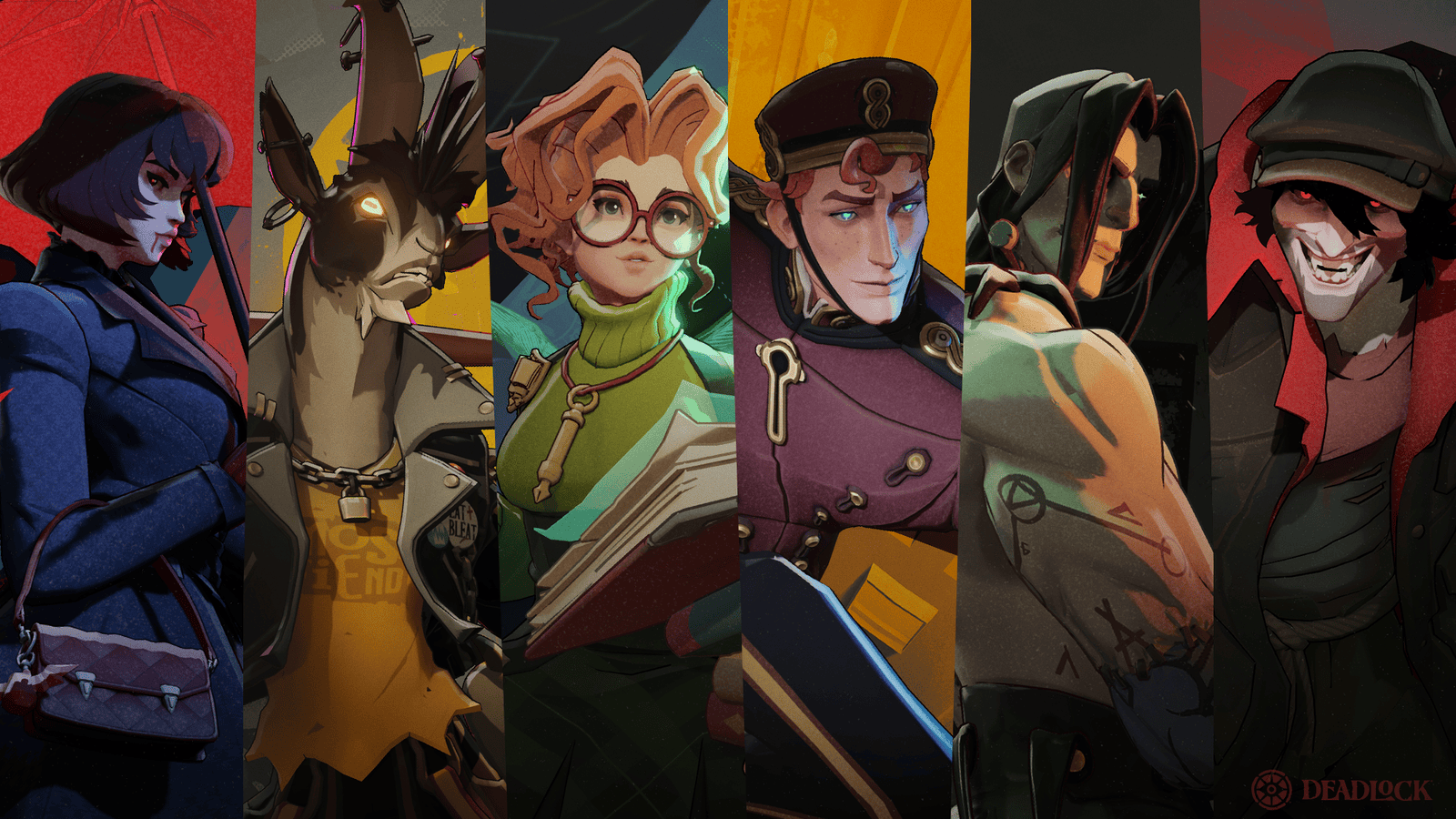
That is why I think Deadlock has a real shot at not just launching strong, but sticking around for years. Valve has the infrastructure, the experience, and the willingness to listen to its community. In fact, the game has already seen major changes during testing. Early builds featured four lanes, but the developers scaled back to three in order to make gameplay tighter and more engaging. The in-game shop system has been overhauled, the hero roster has expanded, and the art style has evolved from placeholders into something that looks sharp and polished. These adjustments show that Valve is listening to feedback and taking it seriously.
What excites me most about Deadlock so far is the roster of heroes. Valve has always excelled at creating characters that feel unique, memorable, and fun to play. From what has been shown, Deadlock is no different. Where other hero shooters tend to stick with basic archetypes — soldiers with rifles, healers with beams, tanks with shields — Deadlock is not afraid to get weird. Abilities feel experimental and inventive, opening the door for unexpected strategies and memorable plays. That creativity goes a long way in a game like this, because the roster is what keeps players invested long after the novelty of the new game wears off.
Deadlock also feels tailor-made for the competitive scene. The 6v6 format hits a sweet spot. It is large enough that teamwork and coordination matter, but small enough that individual skill and creativity can shine. Add in the MOBA-style lanes, objectives, and NPC units, and you have a formula that naturally creates high-stakes moments. I can already imagine matches that go back and forth as one team desperately tries to hold onto control of a lane while the other pushes through with a coordinated assault. If Valve leans into this aspect and invests in the right competitive infrastructure, I would not be surprised to see Deadlock find its place in esports.
Of course, nothing is guaranteed. The hero shooter genre is crowded, and it is difficult to maintain momentum without consistent updates. Plenty of games have launched with hype and fizzled out within a year. Deadlock will need regular content, balanced progression systems, and meaningful community engagement to survive long-term. The difference here is that Valve has the resources and the track record to make that happen. If any developer is capable of keeping a game like this alive for a decade or more, it is Valve.
What excites me the most about Deadlock, though, is how much it feels like a Valve game. It is ambitious, playful, and not afraid to experiment. It does not feel like a soulless attempt to cash in on a popular genre. Instead, it feels like Valve is trying to push the boundaries of what a hero shooter can be. The fact that Deadlock is already generating buzz while still in limited testing is a sign that the formula is resonating with players, and that is not something you can manufacture.
Related Articles
About the Author

Matthew “dinofries” D'Onofrio is a writer, content creator, podcaster and — most importantly — a gamer. With such a strong passion for video games and a severe case of FOMO, it's no surprise he always has his finger on the pulse of the gaming world. On the rare occasion Matt's away from a screen, you'll find him strumming away on his acoustic guitar or taking care of his cat Totoro.
More Stories by Matthew D'OnofrioRead Next
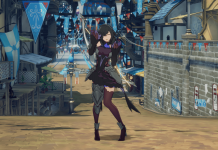
Feature
Blue Protocol: Star Resonance First Impressions — A Gorgeous Anime MMORPG With Unfortunate Blemishes
Fun combat and beautiful visuals, but dull quests and messy monetization...
You May Enjoy
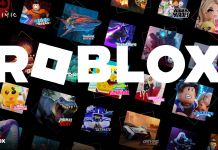
Los Angeles County has filed a suit calling the platform “a breeding ground for predators”.
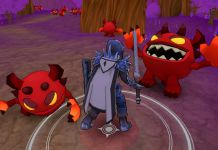
The upcoming update features “massive performance improvements”.
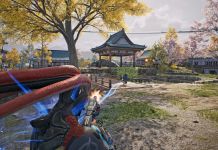
If you’re wondering how the managing time energy thing is going to feel, this will be a good time to find out.
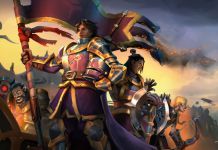
Who’s up for some Capture the Banner?
Discussion (0)